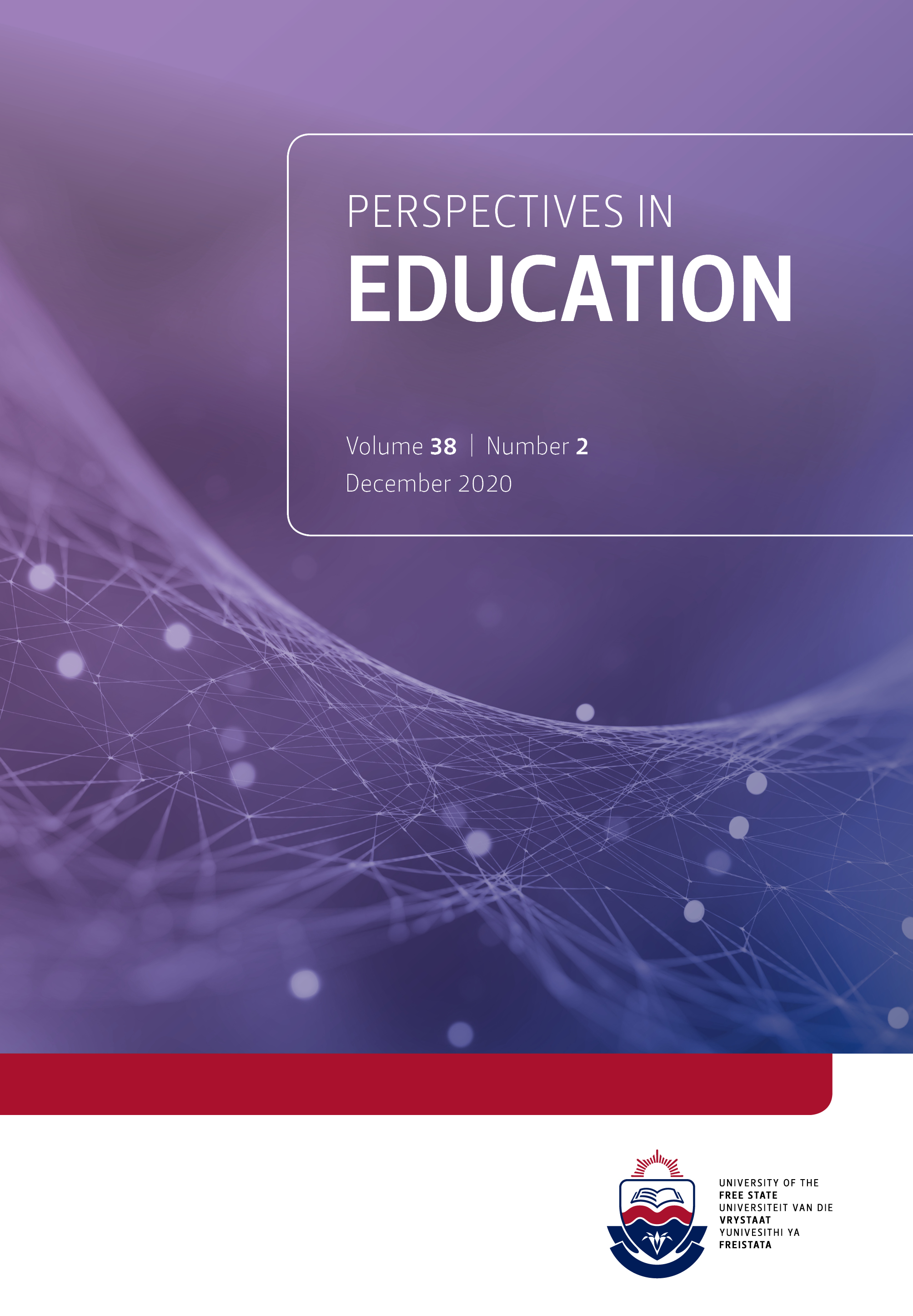The relationship between teachers’ professional wellbeing and principals’ leadership styles
DOI:
https://doi.org/10.38140/pie.v38i2.3923Keywords:
Affective wellbeing, Circumplex Model of Affect, Full Range Leadership Theory, Laissez faire, Leadership styles, Principals, Professional wellbeing, Transactional leadership, Transformational leadership, WellbeingAbstract
Challenges and changes in the South African education system could have an impact on teachers’ professional wellbeing, which, in turn, results in changes in teacher retention rates. The leadership of the school principal directly influences teachers’ experience of professional wellbeing. Some research focuses on teacher wellbeing, and much research focuses on principals’ leadership and leadership styles; however, no research that tries to find a link between these two variables was found. In this research, the main aim was to explore the relationship between the principal’s leadership style and teachers’ professional wellbeing. The research design was a quantitative survey design embedded in the post-positivist paradigm. Two standardised instruments – the Institute of Work Psychology Multi-Affect Indicator and the Multifactor Leadership Questionnaire – were used to collect data among teachers from 20 selected schools in the Kenneth Kaunda District of the North-West Province of South Africa. Descriptive statistics were used to analyse the data. The results showed a clear relationship between different leadership styles and wellbeing. Transformational and transactional leadership styles positively contribute to teachers’ professional wellbeing, whereas laissez-faire leadership has a negative influence on their professional wellbeing. The use of transformational and transactional leadership styles results in teachers reporting positive job-related affective wellbeing, which can, in turn, influence teachers to remain in the profession due to their experience of enhanced professional wellbeing.
Downloads
##submission.downloads##
Published
How to Cite
Issue
Section
License
Copyright (c) 2020 Dr C.P. Van der Vyver, Me T. Kok, Prof L.N. Conley

This work is licensed under a Creative Commons Attribution 4.0 International License.









